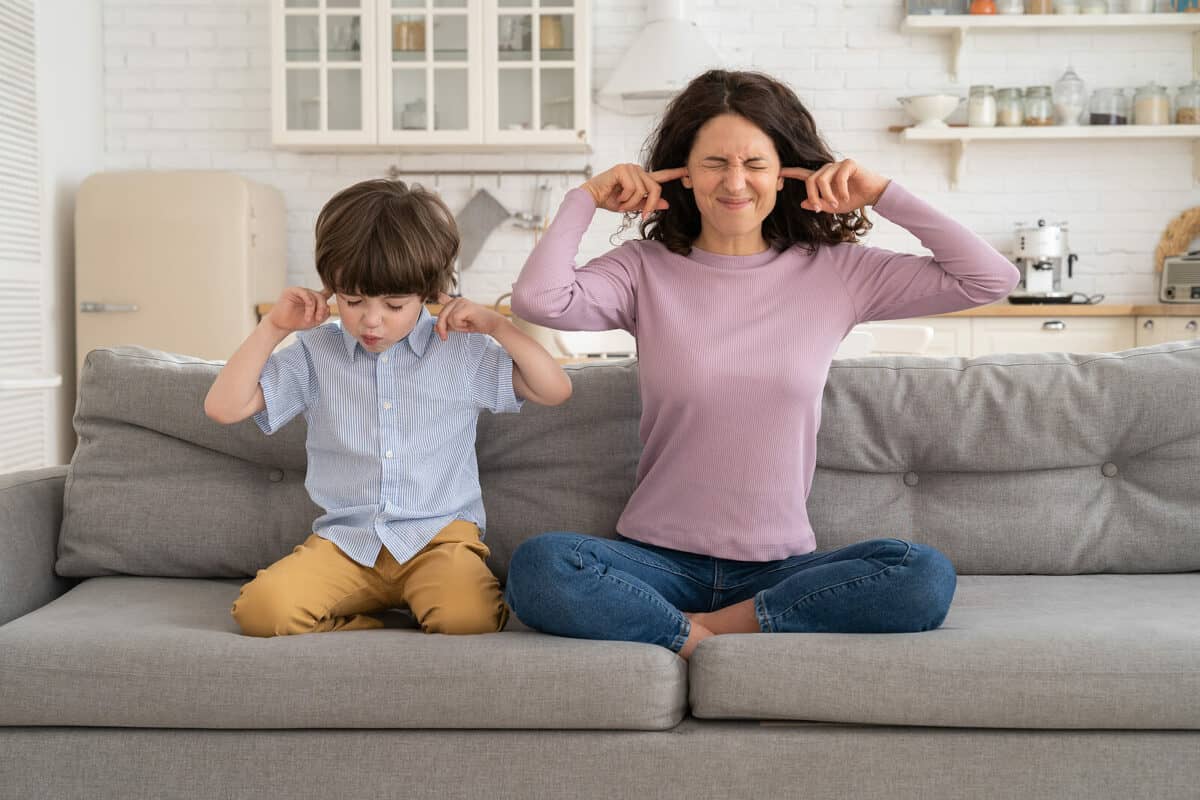- Volunteering for Hearing Health Causes - May 27, 2025
- Questions to Ask During Your Hearing Health Appointment - May 16, 2025
- Exploring Alternative Therapies for Hearing Loss - May 6, 2025
From the time we wake up to the time we go to sleep, we are exposed to different types of noises and varying volume levels. From alarm clocks, to kitchen appliances, listening to music, traffic etc., noise is part of everyday life. It is important to know that some of these noises can be potentially hazardous for hearing health. Exposure to loud noise is one of the most common causes of hearing loss. In fact, the World Health Organization (WHO) estimates that over 1 billion people are at high risk of developing noise induced hearing loss caused by loud noise exposure. Being aware of the noises you are absorbing and ways to protect your hearing can prevent damage to your hearing health.
Impact of Loud Noise on Hearing Health
One time or consistent exposure to loud noise can irreparably damage hearing health. Loud noise can damage the sensory cells in the inner ear. There are thousands of sensory cells in the cochlea which play a major role in how sound is processed. These cells convert incoming soundwaves into electrical signals which get sent to the brain. The brain is then able to further process these signals, including assigning meaning to them. This process allows us to understand what we hear.
Loud noise can disrupt this process by weakening and desensitizing sensory cells. This prevents them from processing soundwaves effectively and the brain receives less auditory information as a result. This makes it harder to detect, process, and make meaning of sound signals which causes hearing loss. Sensory cells in the inner ear, unlike other types of cells that we have, do not regenerate. There are also no medical interventions that can repair or replenish these cells which means that this damage is permanent, producing chronic hearing loss.
Everyday Activities That Could Harm Hearing
Sound is measured in units known as decibels (dB). According to exports, sound above 85dB can be hazardous for hearing health. For perspective, this is equivalent to city traffic, a hair dryer, and restaurant at peak hours. There are noises we are exposed to on a daily basis that near and exceed 85dB. A few examples include the following:
- Household appliances: various household appliances that you may use daily produce loud noise. A few examples include:
- blenders, food processors – up to 100dB
- power tools: drills, chainsaw etc. – up to 110dB
- lawn mower, leaf blower, vacuum cleaner, hair dryer: up to 90dB
- Social activities: social gatherings, events, and spaces are a common source of loud noise exposure. This includes:
- parties, loud restaurants, bars: 85-90dB
- watching a sports game or going to a concert in an arena: up to 110dB
- Electronic devices: using headphones or earbuds have become a common way to listen to audio. This includes listening to music, podcasts, talking on the phone etc. Depending on the device it is connected to, earbuds or headphones can reach high volume levels. The iPhone for example, on the highest volume settings can reach 102dB.
These everyday sources of noise that you are exposed to can impact your hearing health. It is important to be aware of the noises you are surrounded by and to practice safety measures to mitigate potential harm to your hearing health.
Tips to Protect Hearing Health
Fortunately, noise induced hearing loss is completely preventable. There are safety measures you can integrate into daily life to protect your hearing health. A few strategies include:
- Wear hearing protection: there are different types of hearing protection including earbuds, headphones, and earmuffs. These items provide a physical barrier for the ears, reducing the amount of loud noise you absorb. Investing in noise canceling headphones is also a useful tip, especially if you use headphones regularly. Noise cancellation technology reduces background noise, preventing you from increasing the volume in loud environments which allows you to listen safely.
- Reduce loud noise exposure: there are several ways you can do this including avoiding noisy settings and opting for quieter environments, taking alternate routes to bypass traffic or construction sites, driving with windows rolled up, and taking listening breaks throughout the day.
- Test hearing: another great strategy is getting your hearing tested regularly. This allows you to track your hearing health and intervene if you experience any changes over time.
Contact us to learn more about the resources and technologies available to protect your hearing health and wellness.

